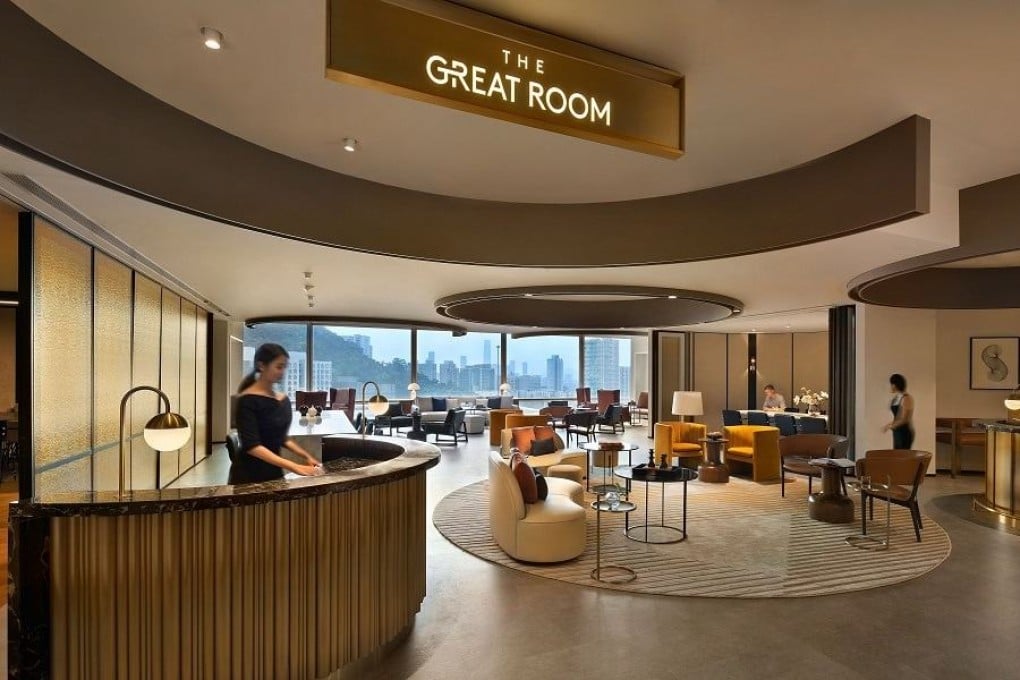Hong Kong co-working firms eye expansion as fifth wave subsides
- Companies are realising that flex spaces can counter uncertainty created by pandemics, business volatility and cycles, says CEO and co-founder of operator The Great Room
- Current trend of expansion comes as flexible workspaces still account for a small portion of commercial property in the city

Hong Kong’s co-working sector is on the move again, as the city’s fifth wave of the coronavirus continues to subside, with expansion and consolidation taking place simultaneously.
The Great Room, an operator with more than 24,000 sq ft at one centre at One Taikoo Place, for example, is in discussions for four more such facilities.
“Covid-19 is a catalyst … [for] growth because companies are realising that the agility [of flex spaces] is the counter to the uncertainty due to pandemics, volatility in business environments and shorter business cycles,” said Jaelle Ang, CEO and co-founder of The Great Room. “Very soon, we will not call it ‘co-working’ any more. It will just be ‘working’ – as this will be how people work.”

But the numbers are growing. According to CBRE data, as of the first quarter of this year, Hong Kong’s co-working market accounted for 2.76 million sq ft, a year-on-year increase of 5.7 per cent. Co-working operators were spread across 350 locations, up 11 per cent year on year, but were charging HK$2,400 (US$306) per desk a month on average, which represented a decline of 18.6 per cent.